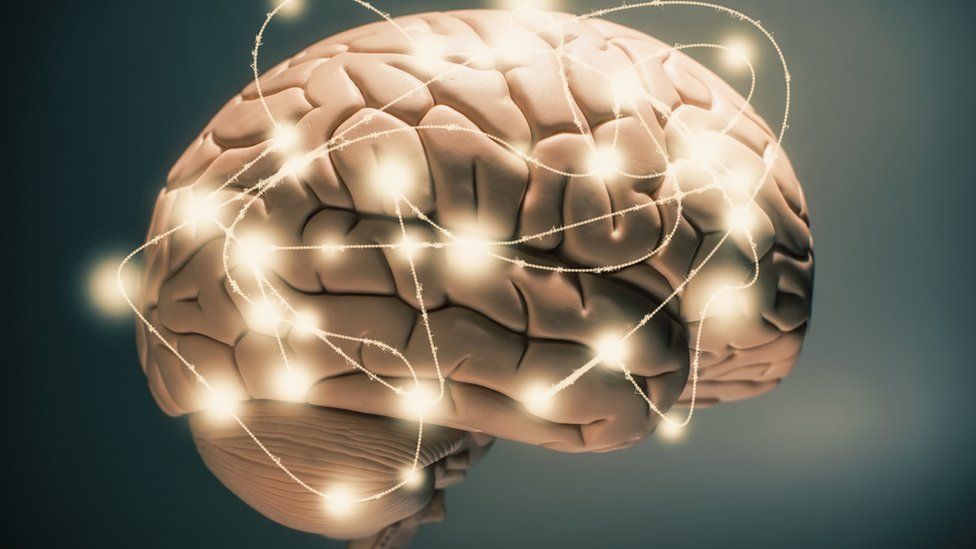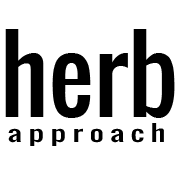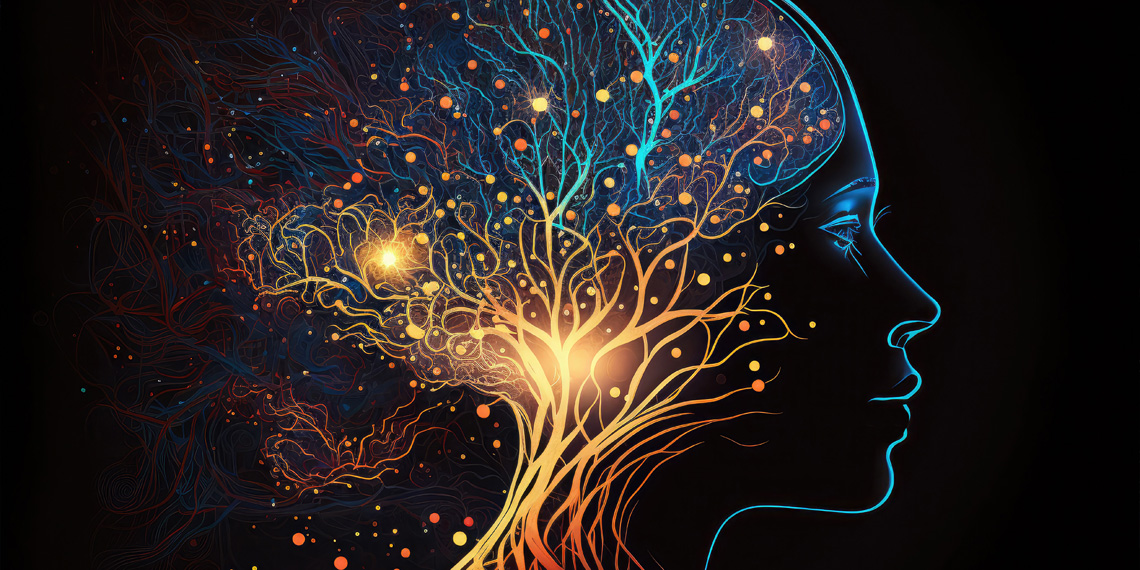Introduction
Depression is a pervasive mental health condition that affects millions of people worldwide. While traditional treatments such as antidepressant medications and therapy can be effective, they may not work for everyone. In recent years, there has been growing interest in the potential therapeutic benefits of psilocybin, the psychoactive compound found in magic mushrooms.
Several clinical trials have shown promising results, indicating that psilocybin could be a game-changer in the treatment of depression. This article explores the findings of these studies and delves into the potential of psilocybin as a novel intervention for depression.
The Largest Clinical Trial on Psilocybin
COMPASS Pathways, a London-based research organization, conducted one of the most significant studies on the efficacy of psilocybin in treating depression. This mid-stage clinical trial involved 233 patients with treatment-resistant depression who had not responded to conventional antidepressant medications. In addition to psychological support, each participant received a single dose of synthetic psilocybin. The study aimed to investigate the antidepressant effects and safety of psilocybin in this population.
The Mechanism of Action
Psilocybin is believed to target the areas of the brain responsible for processing emotions. When administered, it induces a “waking dream-like” state that can last for several hours. This altered state of consciousness allows individuals to gain new insights. Psilopsybin helps process emotions, and potentially break free from negative thought patterns associated with depression.
Promising Results

The results of the clinical trial were highly encouraging. Patients who received the 25 mg dose of psilocybin showed a significant reduction in depressive symptoms three weeks after the treatment. Approximately 29% of patients in this group achieved remission on a standardized depression scale. These findings are particularly significant considering that the study focused on individuals who had failed to respond to multiple antidepressant medications.
Safety and Tolerance
Psilocybin treatment was generally well tolerated, with no serious adverse events reported. However, it’s important to note that there was a higher rate of overall adverse events and severe adverse events compared to the control group. Further research is needed to fully understand the safety profile of psilocybin and identify any potential risks or contraindications.
Psilocybin Treatment for Depression
Traditional antidepressant medications typically take weeks to start showing significant effects. In contrast, psilocybin treatment demonstrated a rapid and sustained antidepressant effect. This is particularly promising for individuals who urgently need relief from their depressive symptoms and have limited treatment options.
Cost-effectiveness
Another aspect worth considering is the cost-effectiveness of psilocybin treatment compared to traditional therapies. A study conducted in the UK suggested that psilocybin-assisted therapy could be a more cost-effective option for depression treatment. The cost of psilocybin-assisted therapy, including the therapist’s support, was comparable to or lower than the cost of conventional medication or cognitive-behavioral therapy alone.
Legal and Regulatory Considerations

Despite the promising results, psilocybin remains classified as a Schedule I controlled substance in many countries, including the United States. This classification restricts its use and poses significant legal and regulatory challenges for researchers and individuals seeking alternative treatment options.
Future Directions
The positive results from this clinical trial have paved the way for further research on psilocybin’s potential in treating depression. Ongoing late-stage studies are currently evaluating the compound’s efficacy in other mental health conditions, including post-traumatic stress disorder (PTSD) and anorexia nervosa. The results of these studies are expected to provide more comprehensive insights into the therapeutic potential of psilocybin.
Conclusion
The growing body of evidence suggests that psilocybin holds promise as a treatment for depression. The results of the largest clinical trial to date indicate that psilocybin can significantly reduce depressive symptoms in individuals who have not responded to traditional antidepressant medications.

However, Researchers need to conduct more studies to fully understand the long-term effects, safety profile, and optimal dosing protocols of psilocybin. As the legal and regulatory landscape evolves, we hope that psilocybin-based therapies will become more accessible to individuals suffering from treatment-resistant depression, offering them a new ray of hope in their battle against this debilitating condition.
Disclaimer: The information provided in this article is for educational purposes only and should not be considered as medical advice. Always consult with a qualified healthcare professional before making any changes to your treatment plan.

